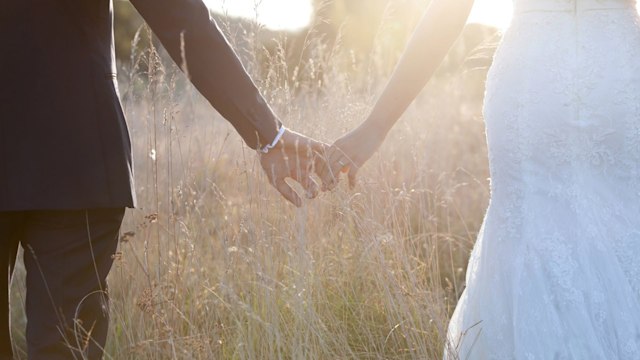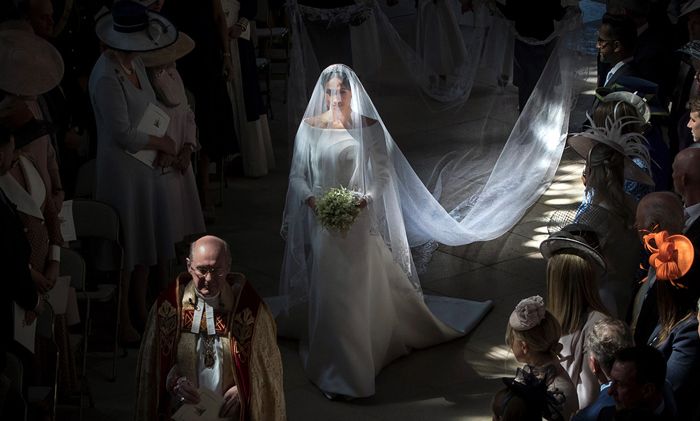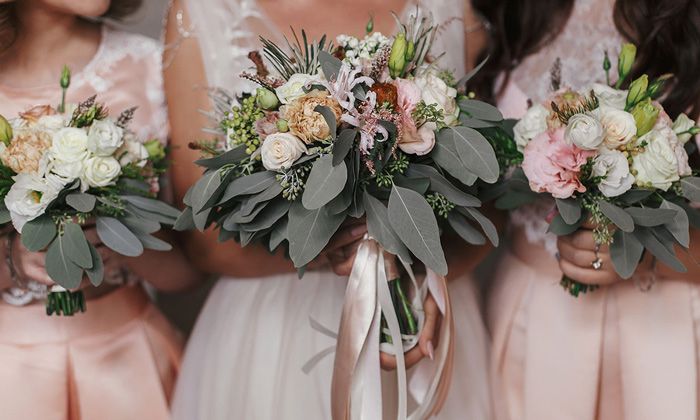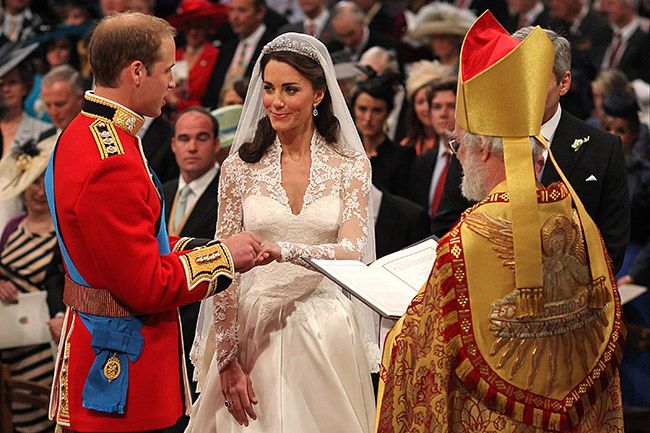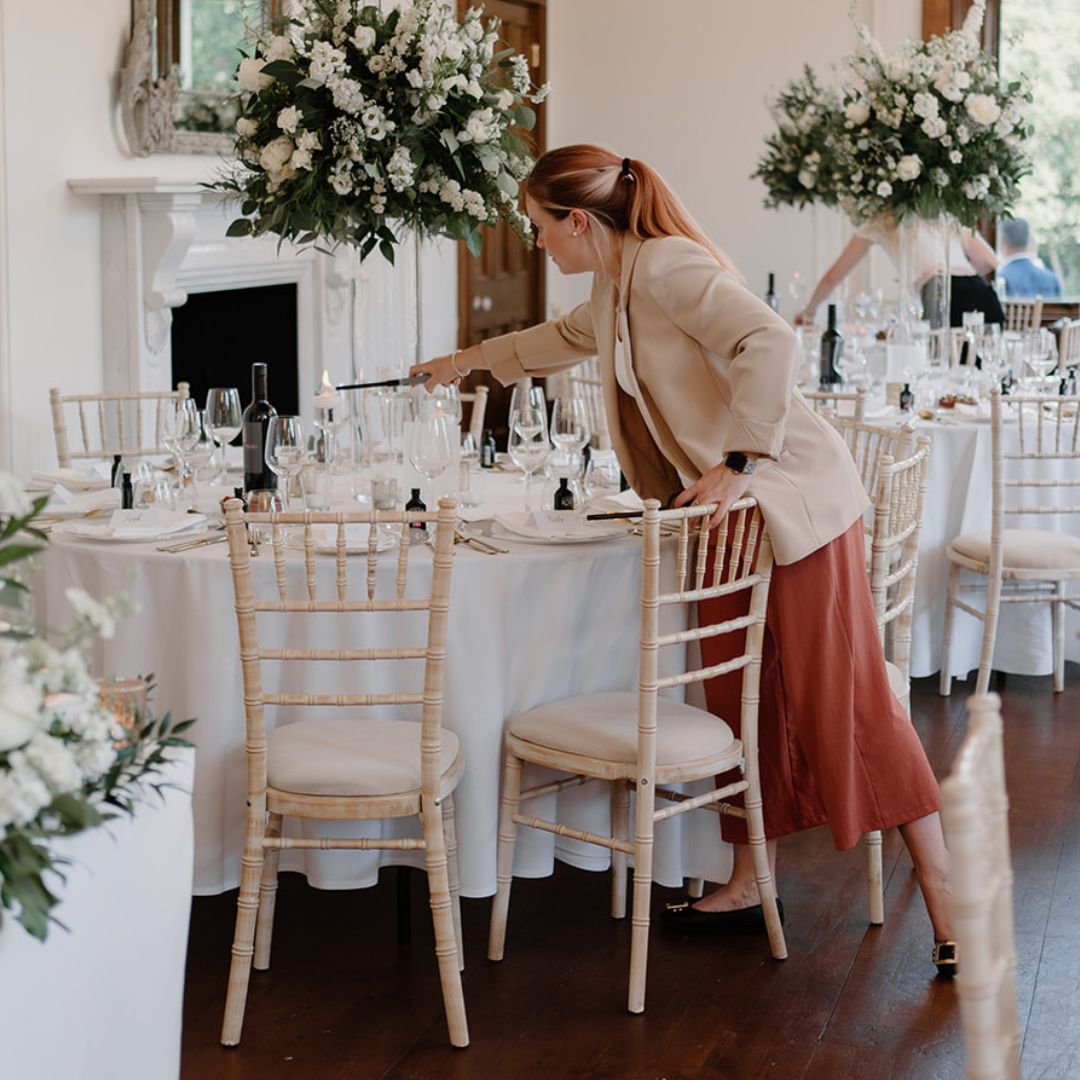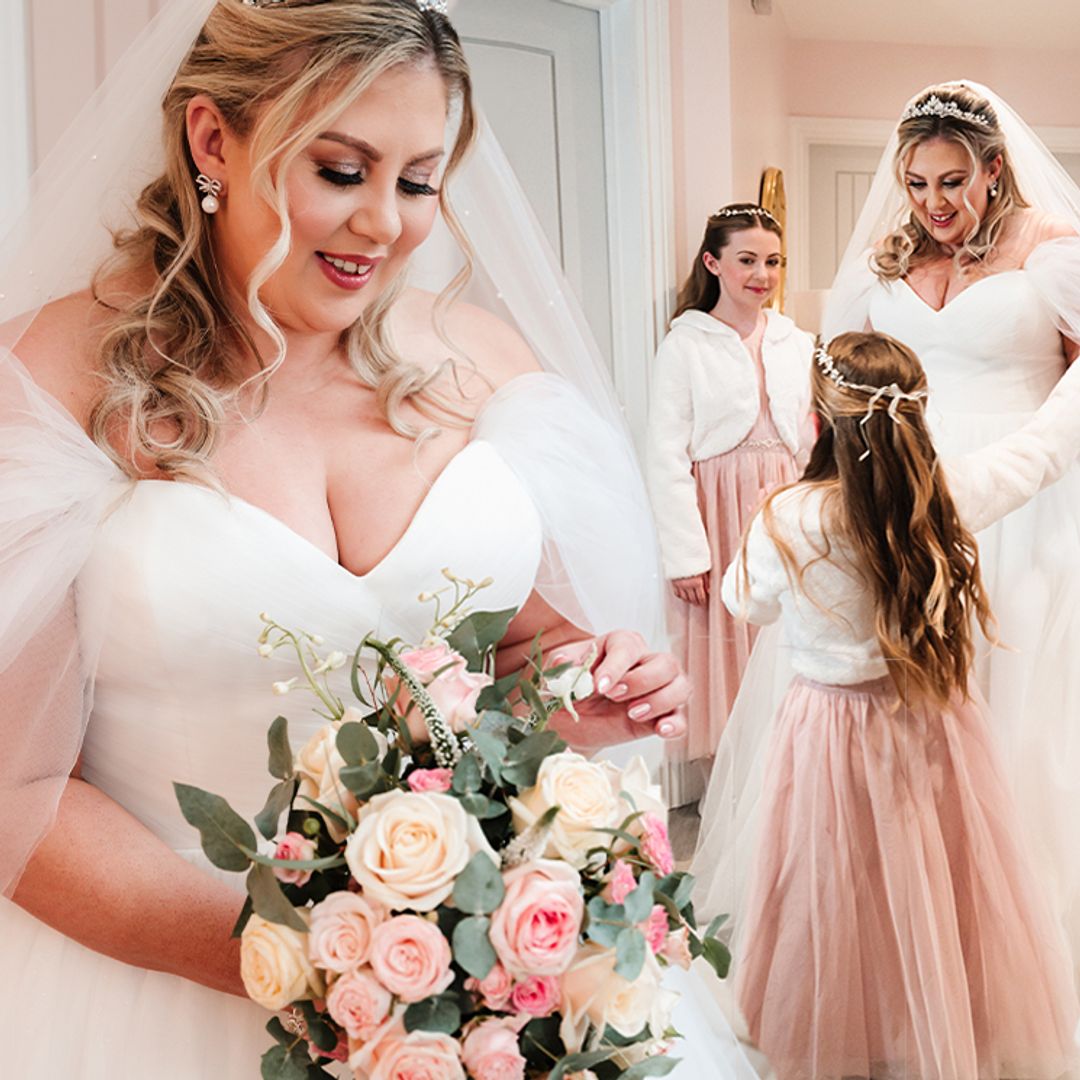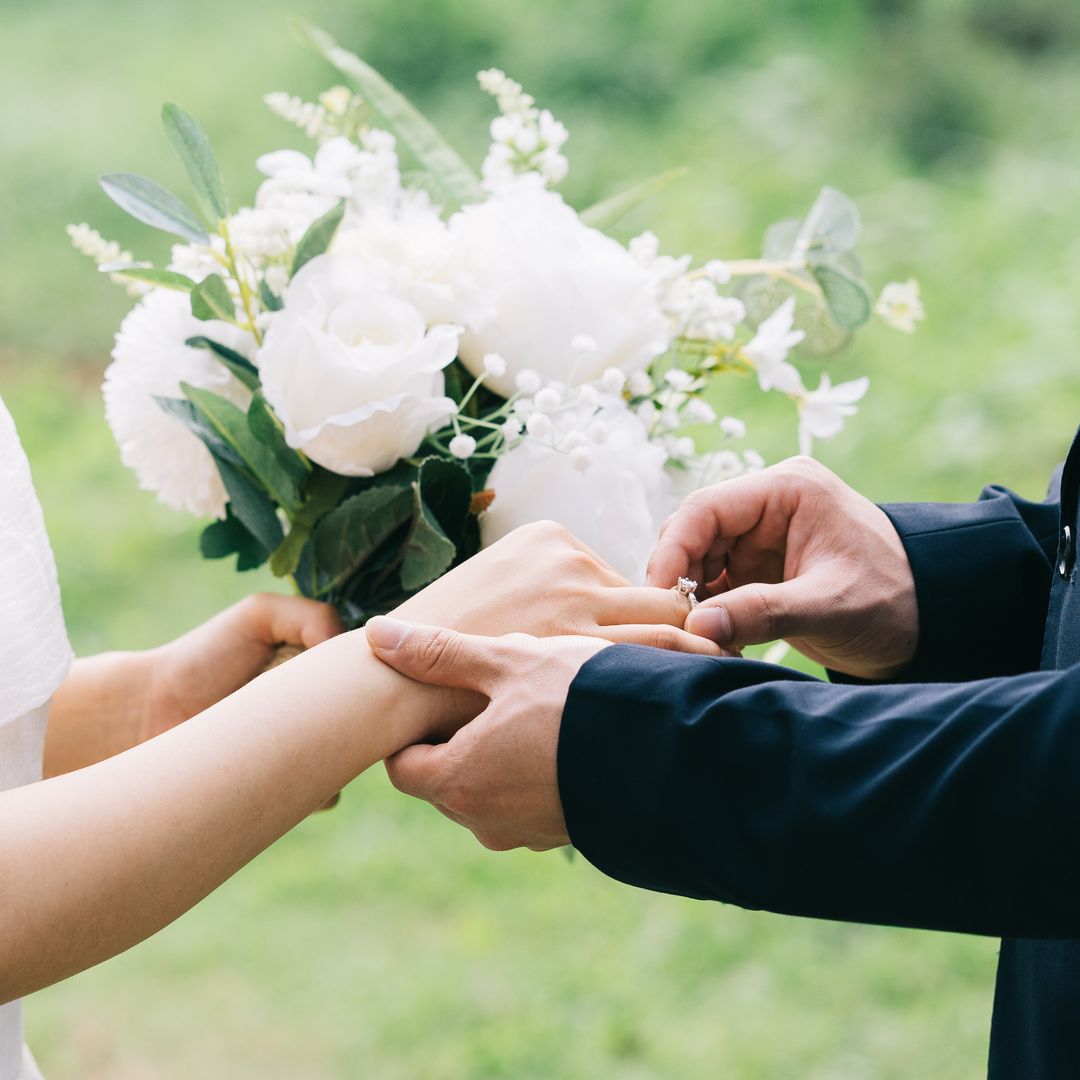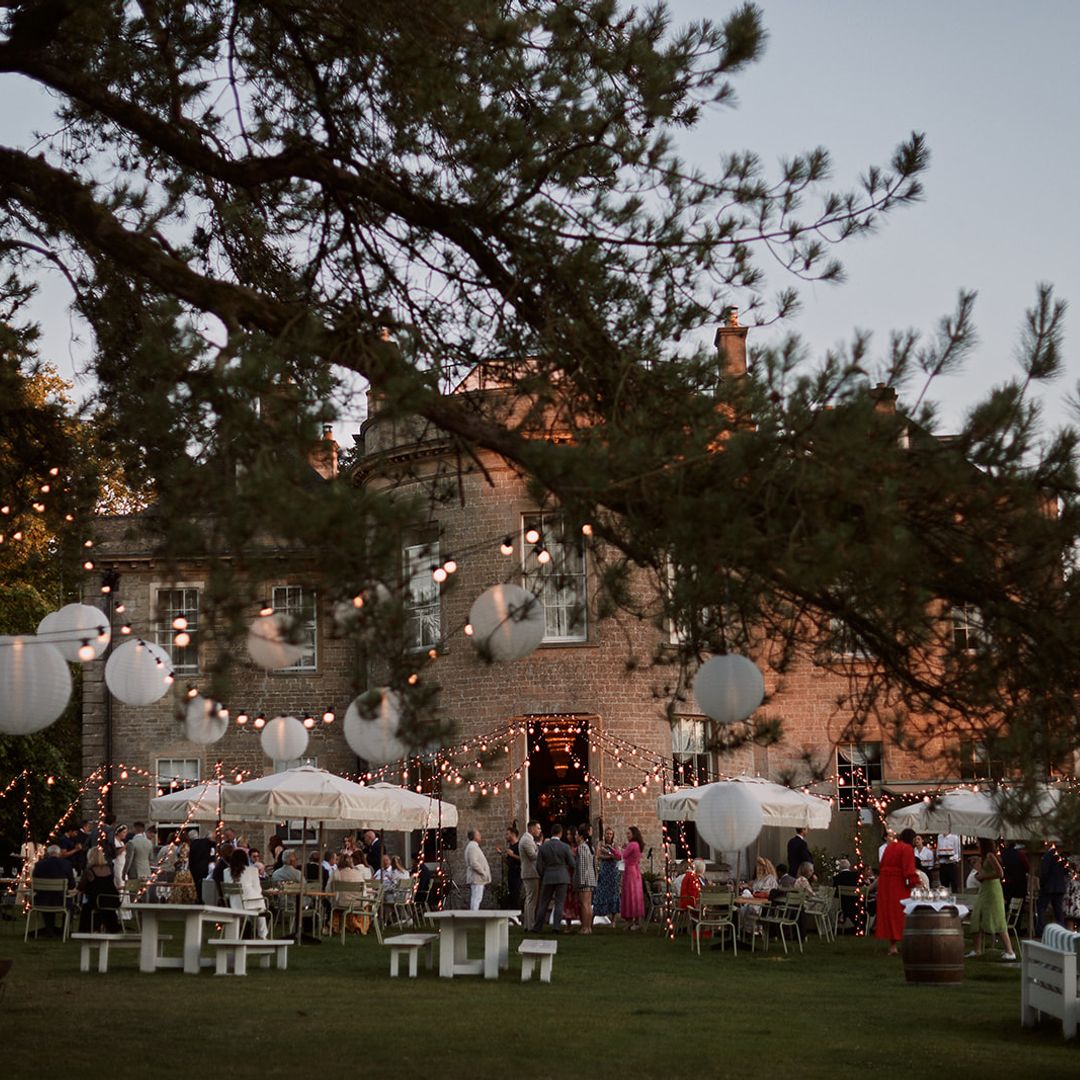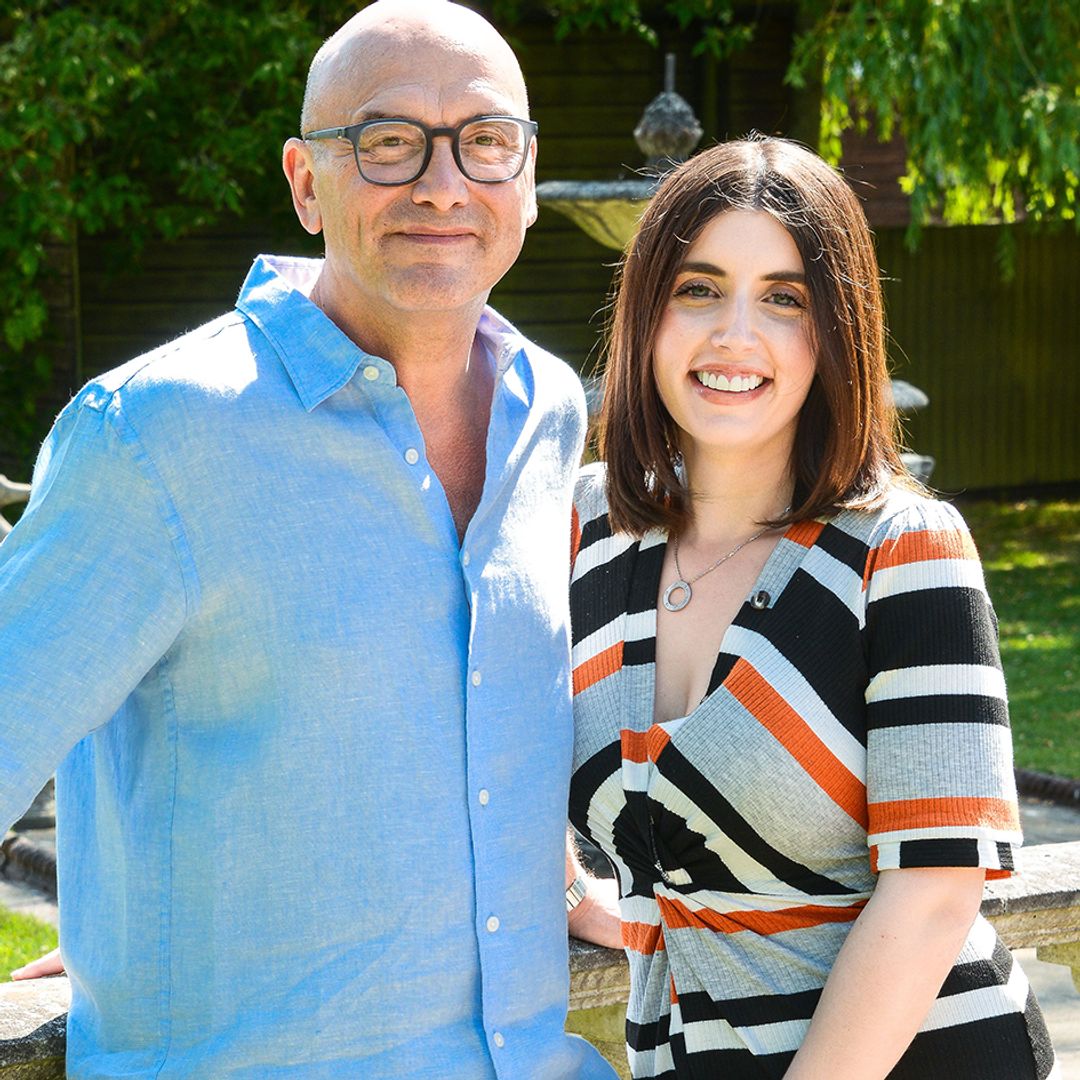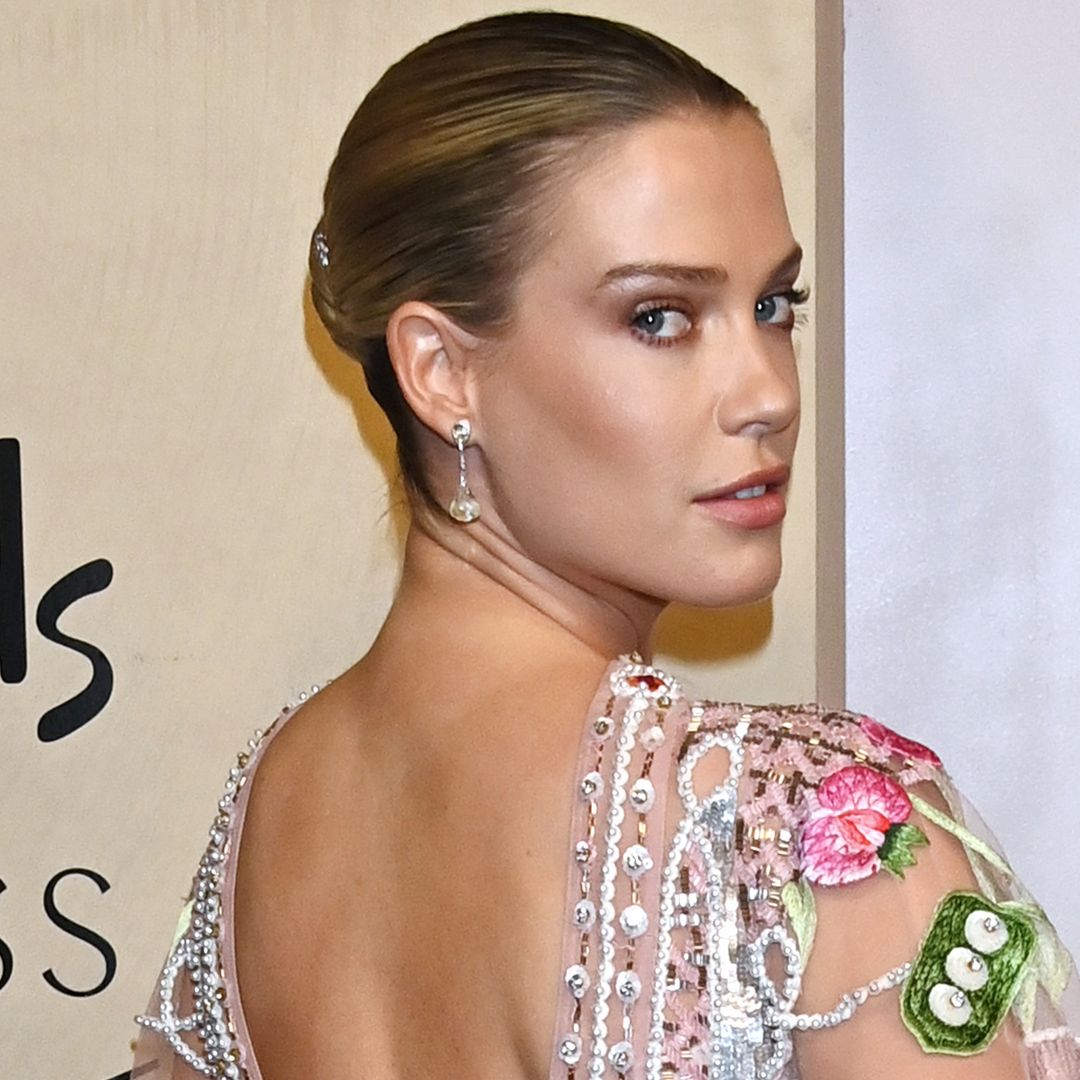Is your father going to give you away on your wedding day? Do you plan to take your husband's name? These are just some of the questions facing brides today.
RELATED: HELLO! celebrates International Women's Day with Kelly Hoppen and celebrity friends
While many of these are seen as harmless traditions, some are seemingly going out of fashion as more and more couples plan feminist weddings. In honour of International Women's Day, we turned to wedding etiquette expert and founder of wedding stationery shop Tree of Hearts, Lisa Forde, to get her opinion on whether these six outdated traditions could be scrapped by couples in the future. Are these going to feature on your big day?
WATCH: HELLO! celebrates International Women's Day
Asking the father of the bride permission to marry his daughter, and giving the bride away
It all starts with the engagement! Lisa explained that the bride's partner asking her father for permission to marry her can seem a little antiquated in today's society, but some still view this – as well as the act of him giving her away – as a sweet way to keep family member's involved.
"When you look back, these traditions are based on ancient Roman customs and the days of arranged marriages. At the time, women were considered property, so it symbolises the act of the father literally giving his daughter to a new owner - usually for a price.
Meghan Markle walked herself down the aisle
"Of course, in the 21st century, women aren't seen as property, and there is no reason for a father to allow his daughter to marry or 'give' his daughter to another man - and definitely not in exchange for money!" she explained.
Both of these may be here to stay, though. Lisa added: "But it's still a very common tradition 21st-century brides uphold. Today it may be seen more as a sign of respect for your father or a way to include them in the celebrations.
"Some see the tradition of being given away by your father as outdated, but many of our couples at Tree of Hearts still see it as a staple of your wedding day and still incorporate it into their ceremony."
Meghan Markle was the first royal British bride to walk herself to the Quire of St George’s Chapel, where she was met by Prince Charles for her final steps to now-husband Prince Harry. Meanwhile, Kim Kardashian opted to walk down the aisle alone when she tied the knot with Kanye West in 2014, and she reportedly said that it seemed "silly" to have someone giving her away at 33.
MORE: 6 celebrities and royals who walked down the aisle alone or with their mums
READ: 12 of Meghan Markle's most inspiring feminist quotes
The bride taking her husband's name
It's often expected that the bride will drop her surname in favour of her partner's following the wedding, but there has also been a rise in double-barrelled names – and a tiny percentage of grooms who take the bride's name.
"Most of us will agree that feminism is about choice - yes you can be a feminist and shave your legs, yes you can be a feminist and wear pink, and yes you can be a feminist and still take your partner's surname at your wedding," said Lisa.
Speaking of the bride changing her name, she continued: "Historically [it] is symbolic of the bride being given to a new family or owner.
"Many of our 21st-century couples choose to continue this tradition when ordering their wedding stationery but others have adapted it to suit their own needs. For example, double-barrelling a surname to represent the joining together of two families or even mixing names together to create a brand new family name."
The bouquet toss to the bride's single friends
Some brides are choosing not to throw their bouquet
"This tradition in today's world seems bizarre – particularly when you see the cost of wedding flowers. Why would you want to throw such a keepsake away rather than, say, drying it and keeping it?" Lisa said – and we totally agree!
"The tradition of the bouquet toss started when it was considered good luck to simply touch the bride on her wedding day. Single girls would often try to touch the bride in the hopes that a little bit of the bride's luck would rub off on them. Legend says that some single women would even go as far as to try and take home keepsakes of the bride's wedding dress as she was walking by. To escape, the bride would often toss the bouquet and run.
RELATED: Girl power! 8 queens and princesses who are proud feminists
MORE: 4 outdated wedding traditions brides and grooms are ditching in 2022
"Of course, women in the 21st century have far bigger goals than simply being married so touching the bride is less of a concern. But the bouquet toss is still included by some couples purely for photo opportunities and a bit of fun," she continued.
Including the bouquet toss in your nuptials and hot-footing it out of there immediately afterwards would certainly make for a hilarious photo!
Having a separate hen and stag party
Hen and stag parties could be combined
You've heard of the traditional hen and stag celebrations where future brides and grooms gather their friends and family separately, but will there be a rise of the 'sten' party? Lisa explains all.
"While it's suggested this is the bride and groom's 'last night of freedom' before marriage, most couples in the 21st century have had years of freedom by the time they come to tying the knot and their retrospective pre-wedding parties are just an excuse for a fun time with friends.
"In recent years it's become popular for groups to come together for a 'sten' party rather than a separate stag and hen, given so many couples have shared friendship groups."
She added that it's ultimately up to the couple: "It's all about choice, we don't think there’s any harm in having separate hen and stag parties if that's what you want. If you want a joint party or you don't want one at all, it's your wedding and your choice!"
RELATED: Who should pay for your wedding? Etiquette expert reveals all
READ: 5 things you need to know about renewing your wedding vows
Vowing to 'honour and obey' your partner
"There are some elements of a traditional ceremony which many agree should be taken out. Take the vow 'to honour and obey' - there's absolutely no reason in 2022 that a bride should vow to obey her groom, unless he vows to do the same. Even the Duchess of Cambridge didn't include this vow in her wedding to the future King of England!" Lisa said.
The royals chose not to say the word 'obey' in their vows
Instead, Kate Middleton and Prince William promised to "love, comfort, honour and keep" each other in traditional vows led by the Archbishop of Canterbury.
And they weren't the only royals to take it out of their vows – the likes of Meghan and Harry also ditched the outdated phrase in favour of "honour and protect."
Are these traditions going out of fashion?
At the end of the day, some couples will continue to include these customs while others will buck tradition and find alternatives that suit them.
When asked if the traditions above are going out of fashion, the wedding etiquette expert concluded: "The beauty of marriage in today’s world is there is no right or wrong answer, it's all down to personal preference - which I believe is at the heart of the feminist movement.
"Women have choices and can make their own decisions. If you want your father to walk you down the aisle and you want to take your husband's name, then you absolutely should. If you want to keep the name you were born with and walk yourself down the aisle so everyone has a fab view of your dress - you should.
"The best way to be a truly feminist bride in the 21st century is to do whatever you want. If you love tradition, keep it, if you don't, forget it!"
MORE: Planning a 2022 wedding? Here's everything you need to think about
Planning your wedding? Sign up to HELLO!’s brand new Bride Guide newsletter for expert advice, budget help, wedding inspiration and real life stories delivered straight to your inbox.
